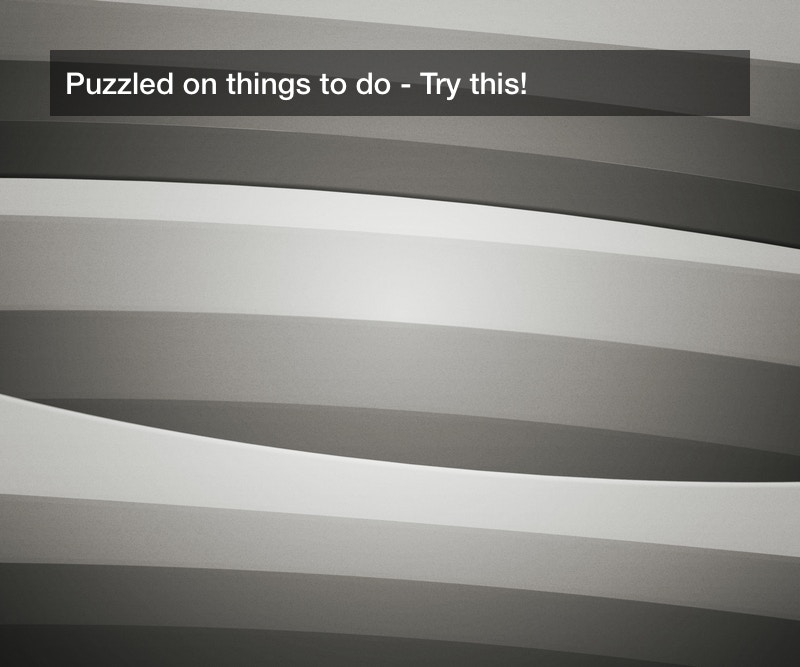
As the world shifts to working and occupying free time at home, people are trying to find anything and everything to do. From movies to video games, music, and board games, families have been clearing shelves and online stock of their favorite games and products.
But what happens when the screen time (even aside from the current pandemic situation) becomes too much? What are some alternatives that will occupy time as well as stimulate mental activity?
The brain makes the most connections among its cells before your child turns 10, but brain stimulation and recognition can occur at any age. Movement gets the brain going. An active body makes for an active brain, so make learning a hands-on affair. How do you accomplish this? Try your hand at a big jigsaw puzzle!
Family games, like the moderately difficult puzzles you can find at a retail store or online, can be a great opportunity for bonding and occupying time. Dating as far back as 250 b.c., these tough puzzles can take hours, but it’s completely worth it once you see the finished product.
The neurotransmitter, dopamine, is produced when doing puzzles. Research shows that puzzles activate our brains while relaxing us psychologically, putting our brains into a meditative state, a feel-good state of mind. And aside from the science behind doing puzzles, busting out 300 piece jigsaw puzzles could be a great use of your time!
Doing 300 piece jigsaw puzzles have many benefits for a wide age range:
– Improved memory in doing a puzzle can reinforce connections between brain cells that were already there. This will get your brain going and thought process working to piece together visual elements as well.
– Problem-solving skills are further enhanced with even the easy puzzles. Puzzles require a lot of trial and error in an approach to complete the puzzle. Makes your brain seem a little more innovative, doesn’t it?
– Probably the most basic skill involved here is visual. The objective behind putting together 300 piece jigsaw puzzles is to complete an image with a variety of pieces, angles, and space elements involved. You have to look at smaller pieces to complete the puzzle, but you also have to maintain the “bigger picture” perspective as well.
– Have a relative struggling with dementia or Alzheimer’s? Puzzles are a wonderful way to keep the brain going and regenerate those visual and motor skills. Keeping your brain active with puzzles can help stifle those symptoms and support brain connection.
– With the dopamine released in doing a puzzle, that feel-good concept will lower stress, improve your mood, and give you a sense of relaxation with accomplishment. Who doesn’t like that?!
Challenging your brain with hard puzzles, easy puzzles, 1000 piece puzzles, or 300 piece jigsaw puzzles could be the perfect way to pass the time or find a new hobby!
More Topics:
activities to sharpen your brain, addicting jigsaw puzzles, best brain stimulating games, best way to keep brain sharp, brain activation exercises, brain challenges for adults, brain exercise games online, brain strategy games, brain strengthening exercises, brain training exercises for memory, cognitive brain exercises, easy mind games, free brain exercises to improve memory, free games to improve brain function, free games to train your brain, free memory exercises for the brain, free mental exercise games, game to train brain, games that enhance your brain, games to enhance brain function, games to help brain.


